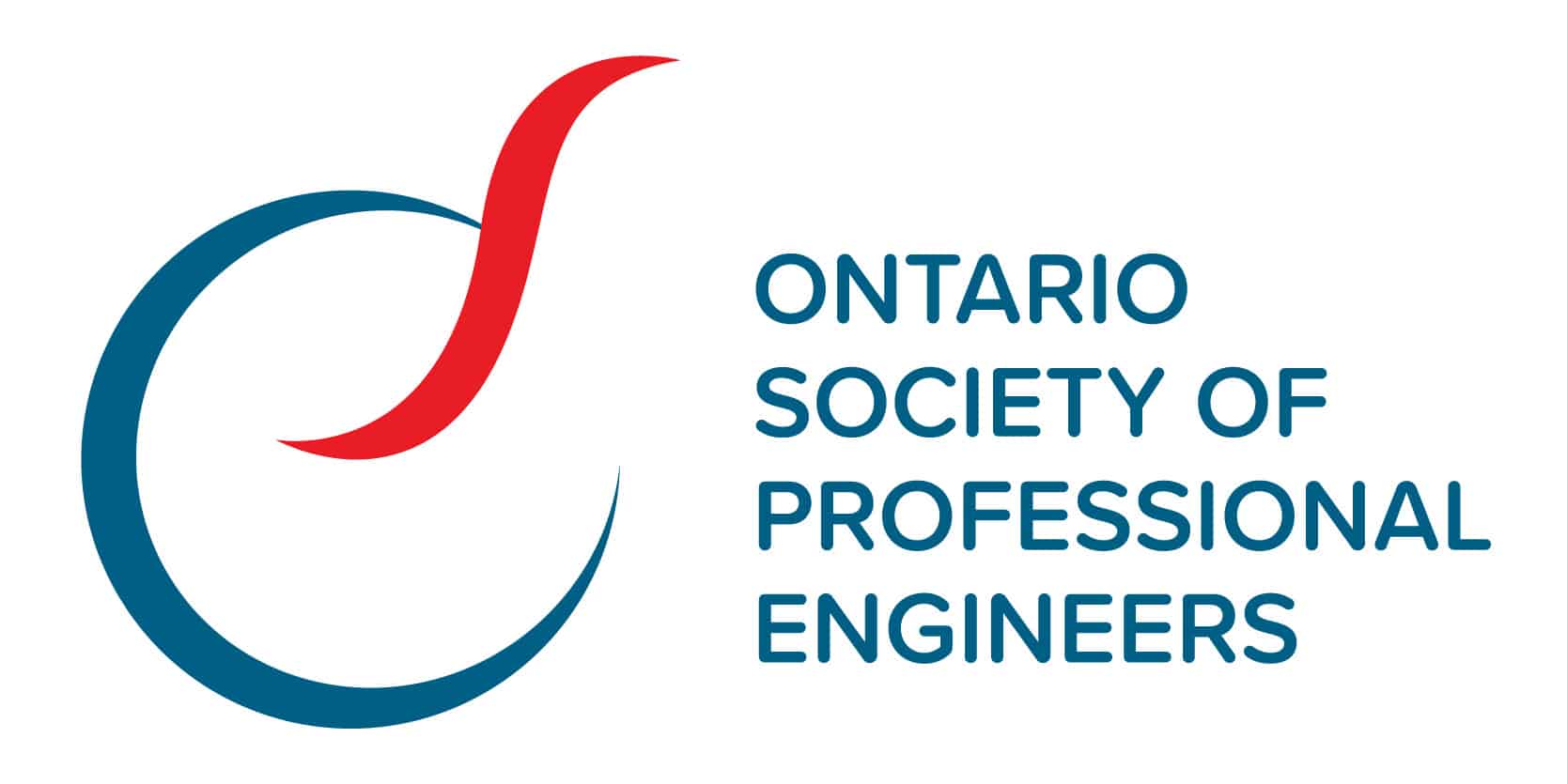
Leading up to National Engineering Month (NEM) 2021, we will be sitting down with educators, regulators and associations within the engineering industry for a question and answer style interview series.
What follows is an interview I had with Dr. Farzad Rayegani, P.Eng, FEC, Senior Dean of the Faculty of Applied Sciences and Technology (FAST) at Humber College.
Q: How did you hear about NEM?
A: Well, first of all I am a Professional Engineer and Fellow at Engineers Canada, so part of that is recognizing the importance of supporting engineering. I have been part of the engineering community for a long time – ever since I came to Canada. I first learned about NEM through the engineering schools when I was a professor, and now as a Senior Dean at Humber, I’m happy to continue with Canada’s largest celebration of engineering because I believe that it is part of giving back to the community and giving back to engineers.
Q: The theme for NEM 2021 is lifelong learning. What does lifelong learning mean to you & why is it important?
A: For the profession of engineering it’s critical to keep learning continuously, so lifelong learning is about developing a self leadership strategy to enhance personal competence and professional effectiveness. And especially in some of the engineering fields, without continuous learning, you cannot really be effective. So at Humber we are implementing what I call a Digital Passport, in combination with an e-portfolio so that engineering students can reflect on their learning, map their existing skills and competencies, and also set goals for themselves moving forward. This mirrors what engineering professionals do in their professional learning, so our students are practicing lifelong learning from day one. Our hope is this will provide them with a growth mindset that will stay with them through their life and help them improve themselves both personally and professionally.
Q: How has the engineering profession changed over the past 5 to 10 years?
A: We believe that the fundamental principle of engineering is the same, but the application and utilization of these fundamentals is changing, and staying current is a key element. Because we are living in the knowledge economy, we are not educating our engineers the same way we did 50-to-60 years ago when factories needed engineers for specific work. Now things are changing rapidly – even factories are changing, so we need to have people with a critical thinking approach to prepare them. If we go back to the factory example, 20-to-30 years ago the factory was inflexible, so there was one product going from input to output system. But now factories have hundreds of multiple factors that you can choose from as a customer, so to give you an example of this, imagine your car. 30 years ago you couldn’t ask anything to be changed for your specific needs, but now you can ask for any of these things to be modified to suit your needs. Industry 4.0, or the 4th Industrial Revolution – from automation, to traditional manufacturing, to modern and smart technology – all of these advances we are talking about are changes that increase our quality of life.
Another aspect that’s changed is engineering education. For a long time especially in engineering programs, the focus was on building technology skills, but at Humber we also focus on building human skills such as adaptability, flexibility, self-discipline and leadership in our students.
Q: Tell me about engineering at Humber?
A: Despite the pandemic, we still have face-to-face classes going on. All of our engineering programs offer in-class and online learning, and we have modified our engineering spaces to satisfy the COVID-19 protocols. So it’s this blend of hybrid learning and small classes sizes that have allowed us to host students on campus even during COVID.
We also try to focus on the skills an engineer should have, and project-based learning is a key element of that. For example, imagine you want to teach your child how to play the piano. You wouldn’t have your child learn theory and watch others play the piano, you would let them learn on the piano from day 1. No matter if it’s food, soccer or the piano – the approach is the same and it’s why from the first day our students are working on industrial setting equipment and gaining experience through project-based learning. Hands-on, project-based learning is a key element for this for our engineering programs.
Another thing we’re really excited about is our three new engineering degrees – Engineering Mechatronics, Engineering The Built Environment, and Information Systems Engineering. These three input engineering degrees are state-of-the -art engineering programs that will be starting in September, 2021. It’s really great news.
Q: How are you preparing students for the future of engineering?
A: I believe engineering has a key role to play in all the challenges that we are facing in the 21st century. We are trying to emphasize that Humber engineering students will be prepared for this challenging world through project-based learning including projects that address real-world, industry and community problems such as those listed in the United Nations Sustainable Development Goals. Each of these goals touch on an engineering element, and as engineers, we have to come up with unique solutions that fit each area’s specific needs.
Humber graduates will be able to define the problems that the modern world is facing and work together to solve these problems. And through project-based learning, we emphasize building collaboration, critical thinking, creativity and communication skills in a low-risk environment, because this is a process – a continuous process for students to learn.
We also have a 12 month mandatory engineering internship or co-op placement which gives students an opportunity to practice what they learn. And so, in terms of advancing the engineering profession, if we are using the engineering educational framework that changes how engineering students are taught and gives our students a systems-thinking approach to solving problems, they are getting the whole cycle of engineering here at the school.
Q: In general, what does the future of engineering look like?
A: Engineers are always facing new problems and with that, engineering needs to adjust to these changing conditions. Our objective as engineers is to help increase the quality of life of each human being, so what can we do to increase the quality of life?
For example, you’re sitting in your car longer because of traffic. If I can solve the traffic – your quality of life will be increased. Traffic is the result of human behaviour, so when we as humans make a problem, we have to fix it and engineers do that. So it’s absolutely key that students and professionals show resilience. During these last eight months of COVID, we have realized how flexible we are and how creative we are, even in engineering education to be able to adjust, stay focused, be flexible and – at the same time – keep going.
Lifelong learning is another key element to our success, because in engineering the foundation is only four years, but you are working in this career for another 30 years, so you have to keep learning. Building that resilience in students and everyone is really what will help us keep going in the future.


